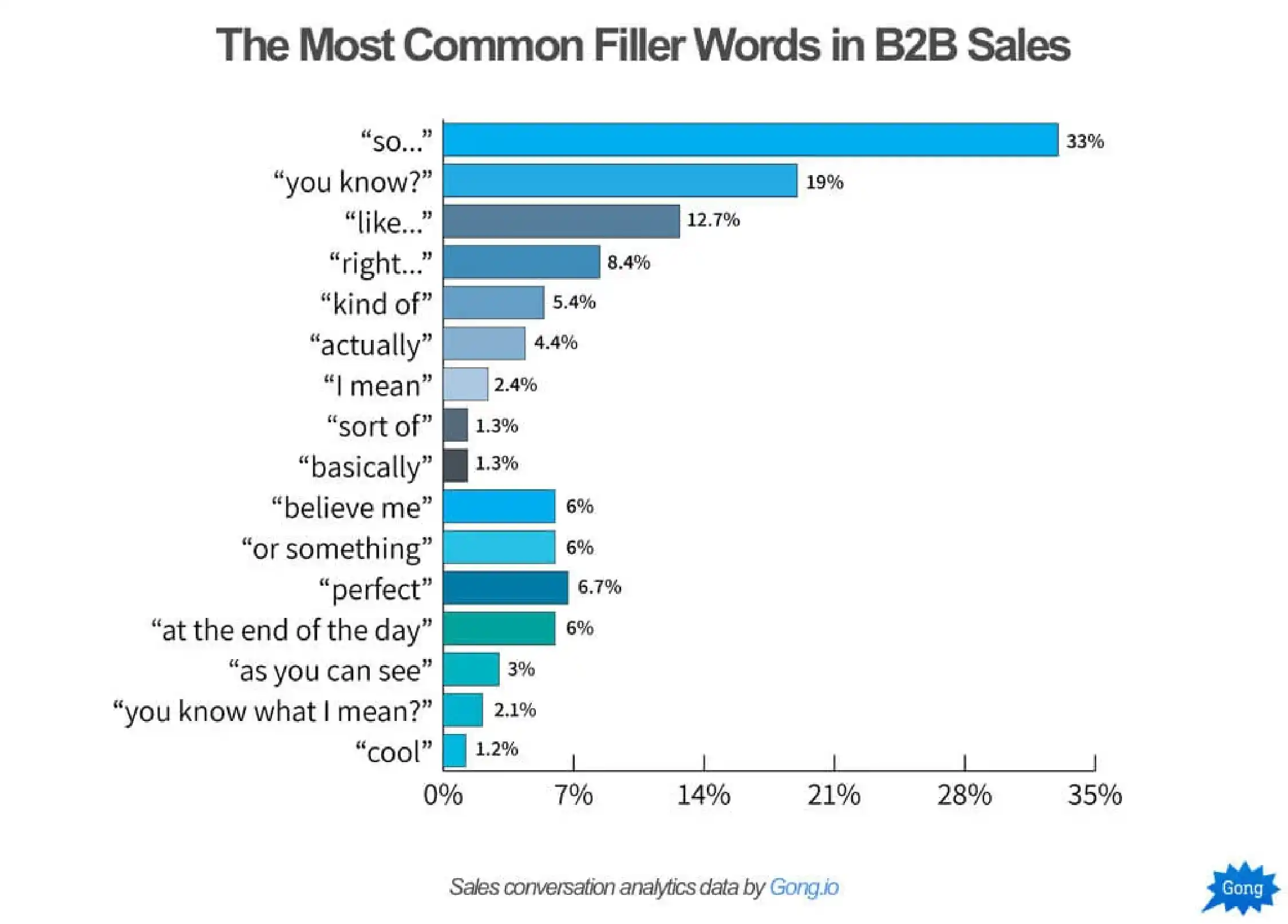Filler Word Frustration to Credible: Empowering Clear Communication Campbell Conard Founders Story
Throughout high school and college, my parents and teachers often told me to “stop saying like!” I noticed I wasn’t alone, and my peers constantly overused filler words too. Words like “um,” “like,” and “you know” have crept into our conversations and presentations, subtly undermining the clarity and impact of our communication. I knew others … Read more











